Growing up in a religious home definitely shapes who you become and how you see the world.
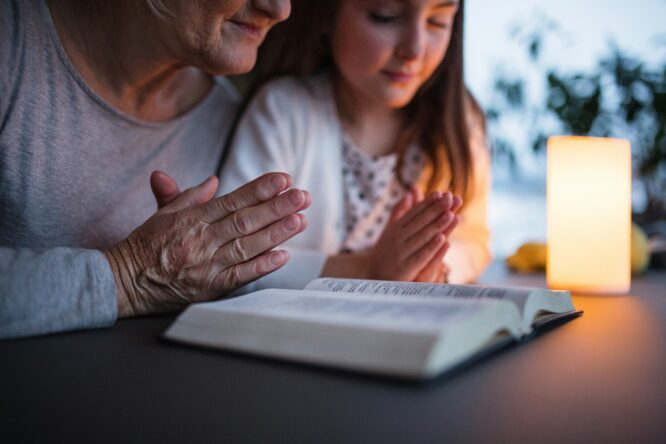
Whether your upbringing was strict or more laid-back, faith likely played a central role in your early worldview. The rituals, the community, the expectations—it all stays with you, no matter how many years have passed. As you get older, some of those lessons stay with you, even if your beliefs evolve or change entirely. Here are some of the life lessons people often carry with them after growing up in a religious household.
1. You learn how to sit with discomfort.
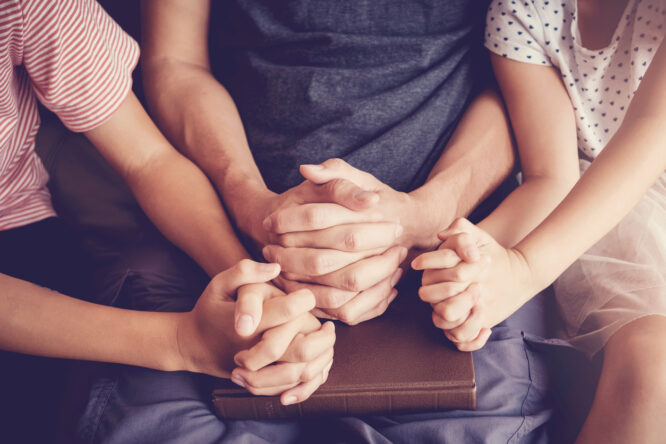
Religious services often involve quiet reflection, long sermons, or moments of stillness that can be challenging for young minds. However, in the end, they teach you patience, and how to stay present even when things feel slow or uncomfortable.
That ability to sit through uncomfortable moments becomes useful later in life, whether it’s a hard conversation, a long commute, or a difficult emotion. You learn that not everything needs to be solved instantly, and that sometimes, quiet matters.
2. You understand the power of community.
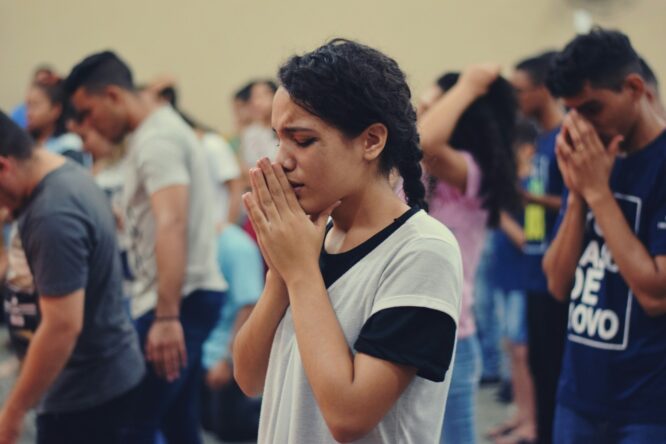
From potlucks and youth groups to shared holidays and support during tough times, being part of a faith community shows you how strong human connection can be. You see how people come together, not just for celebration, but for comfort and care.
Even if you don’t stay in that specific community, you carry an appreciation for what it means to be part of something bigger than yourself. It teaches you how to show up for other people, and how valuable it is when other people show up for you.
3. You become very aware of rules.
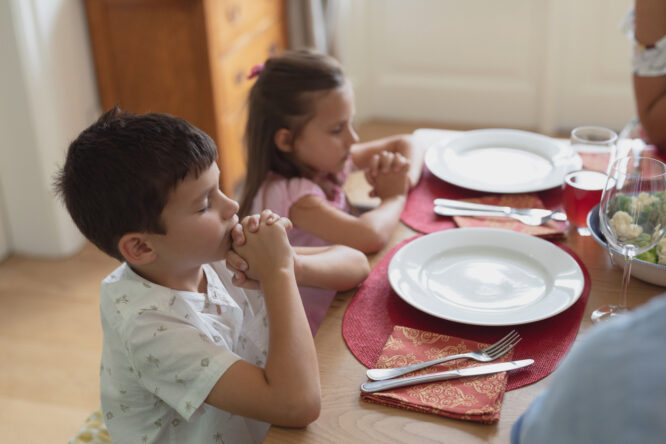
Religious households often have clear lines about what’s “right” and “wrong.” Whether it was about clothing, language, behaviour, or relationships, you probably grew up with a strong sense of structure and boundaries.
While this can feel limiting at times, it also builds a strong internal compass. As an adult, even if your values shift, that awareness of limits and consequences can help you think through your actions with more care.
4. You learn how to question things (eventually).
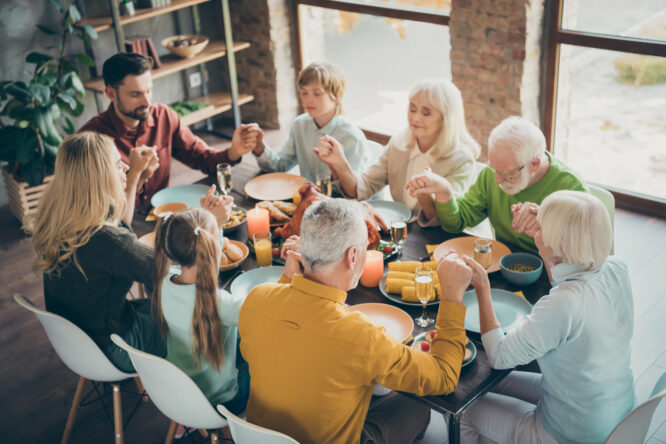
At first, questioning the rules or teachings might’ve felt off-limits. But growing up around strong beliefs often sets the stage for deep thinking later on, especially when you start asking why certain things were taught the way they were. That process of questioning doesn’t always lead to rejection; it often leads to a more personal understanding of what you believe and why. That kind of thoughtful reflection becomes a lifelong tool.
5. You develop a strong sense of purpose.
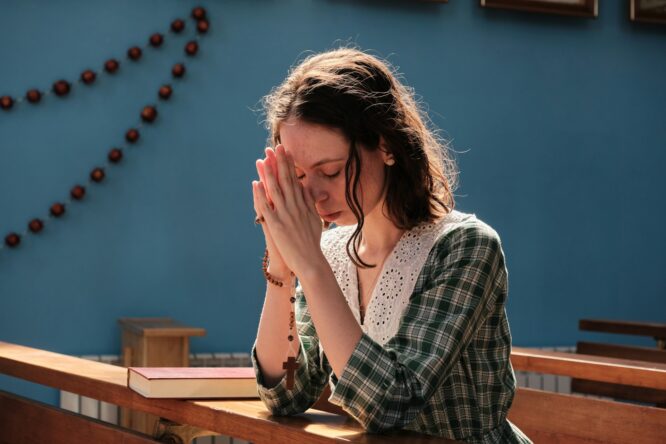
Religious teachings often emphasise meaning, destiny, and the idea that life has a deeper purpose. That narrative can provide comfort during uncertainty, helping you feel grounded in something beyond day-to-day struggles. Even if your sense of purpose evolves with time, the belief that life has depth and intention sticks with you. It encourages you to make choices with meaning, not just convenience or impulse.
6. You’re familiar with guilt—sometimes too much.
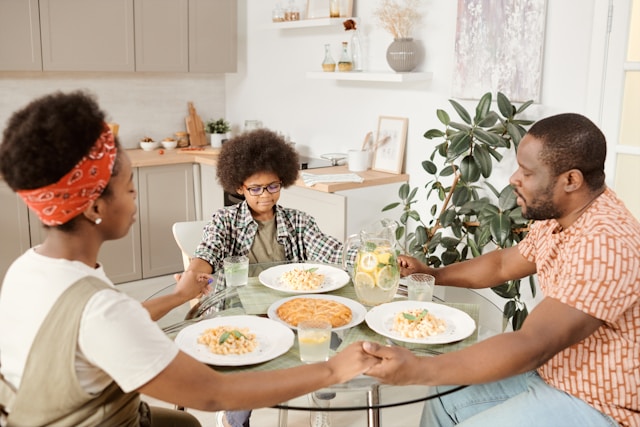
One thing a lot of people from religious homes mention is guilt. Whether it’s from making mistakes or not living up to expectations, that feeling can hang around long after the rules are gone. However, it also means you’re highly reflective. You think about your actions, their impact, and what you could’ve done differently. With time, that guilt can morph into a healthy form of accountability, especially when you learn to separate shame from growth.
7. You appreciate ritual and structure.
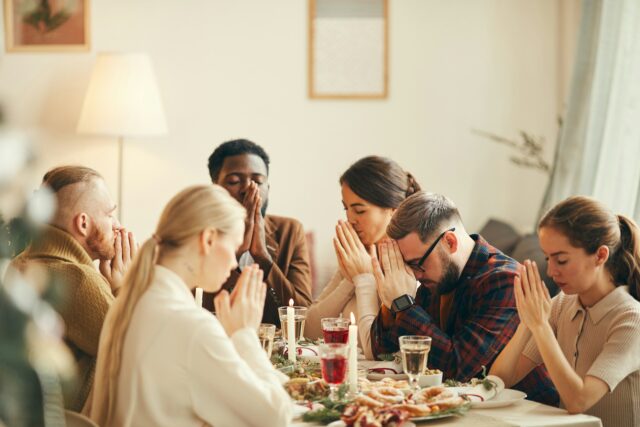
Weekly routines, special meals, holiday traditions—religious life is often full of meaningful structure. Those rituals can feel grounding, especially during chaotic or uncertain times. As an adult, you might find yourself creating new rituals—like morning coffee or evening walks—that mimic the calm and focus those earlier routines once provided. It’s a quiet kind of comfort you carry with you.
8. You become very good at code-switching.
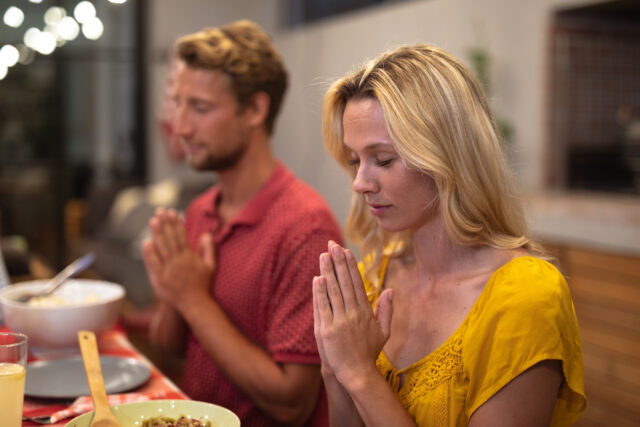
If your upbringing felt stricter than your surroundings, you probably learned how to switch between “religious home mode” and “everyone else mode” pretty quickly. Whether it was language, dress, or opinions, you learned how to adapt fast.
That ability often carries into adulthood, making you great at reading rooms, adjusting your tone, and navigating different social settings without skipping a beat. It’s a survival skill, but also a sign of emotional intelligence.
9. You develop strong empathy.

Most religious traditions emphasise compassion, service, and caring for others. Whether or not it was always practised perfectly in your home, those values were likely ingrained from a young age. Your early training in thinking about other people’s needs and feelings doesn’t leave you. It often shows up as deep empathy, that ability to sense when someone’s struggling and a natural instinct to offer support or understanding.
10. You learn to find comfort in something bigger than yourself.
 Source: Unsplash
Source: Unsplash Even if your beliefs shift, that early experience of prayer, meditation, or connection to something beyond the physical world tends to stay with you. It becomes a kind of internal grounding you can return to in hard times.
That connection, whether it’s spiritual, emotional, or philosophical, can help you manage anxiety, find clarity, or make sense of life’s uncertainties. You’re not just looking at the surface; you’re tuned into the bigger picture.
11. You’re more mindful of your words and actions.
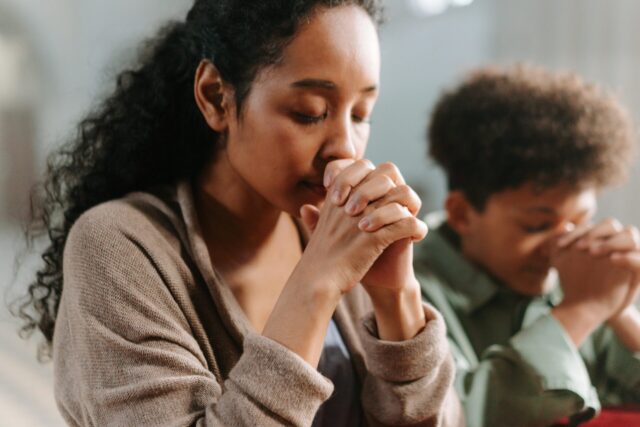 Source: Pexels
Source: Pexels In many religious homes, there’s a strong emphasis on kindness, modesty, or speaking thoughtfully. Even if the delivery wasn’t always gentle, the message stuck: your words matter, and so do your choices. As an adult, this often translates into a cautious, intentional approach to how you show up. You think before you speak, and you’re usually more aware of how your actions affect the people around you.
12. You carry complex feelings about faith.
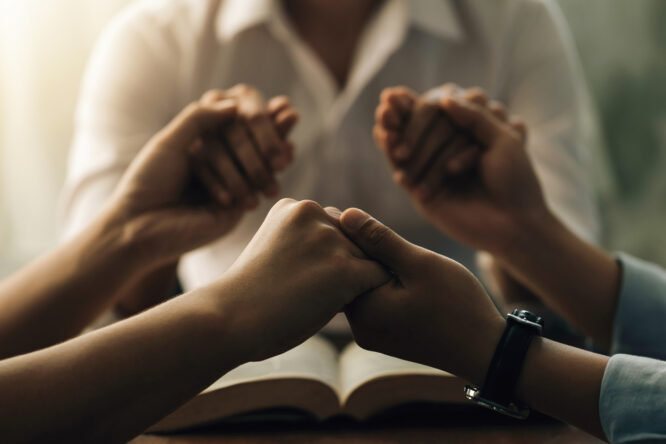
Growing up in a religious environment leaves emotional residue—both good and difficult. You might feel a mix of nostalgia, frustration, comfort, or confusion when you think about your upbringing. That complexity isn’t a bad thing; it just means your experience was real and formative. As you grow, it often becomes something you reflect on with more understanding and less judgement, even if it’s taken time to get there.
13. You develop a strong internal sense of right and wrong.
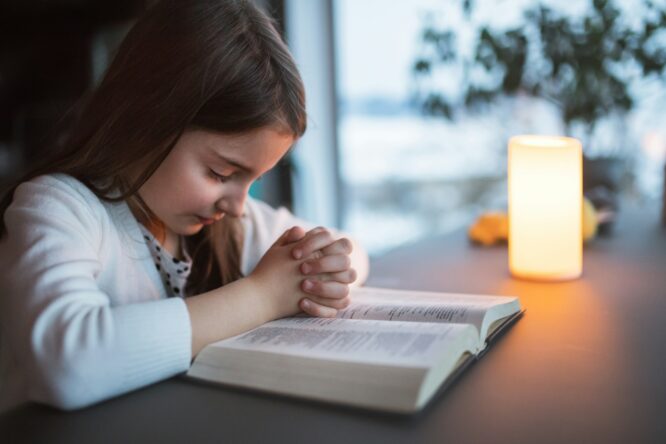
Even if the rules felt rigid, they gave you a strong ethical foundation. You learned the value of honesty, compassion, and treating others well—lessons that tend to stick, even outside a religious context. That internal compass often shows up in your decision-making. You might not follow all the same rules, but you still think about integrity and the kind of person you want to be, especially when nobody’s watching.
14. You realise beliefs can evolve, and that’s okay.
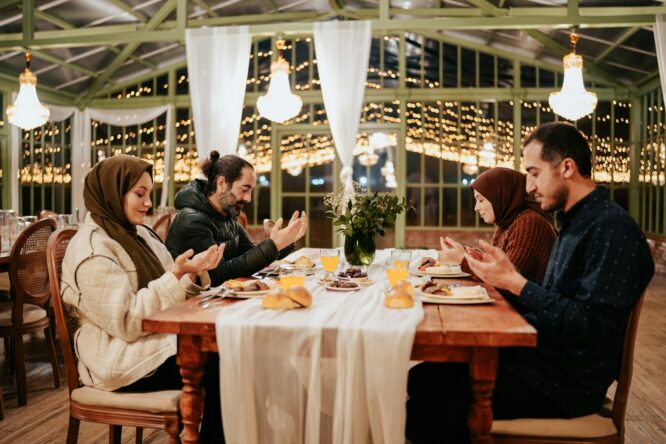
At some point, many people raised in religious homes go through a metamorphosis of sorts. Maybe you let go of certain beliefs, or maybe you kept the core values but changed how you practise them. Either way, you learn that belief isn’t static.
That flexibility can feel uncomfortable at first, especially if you were taught there’s only one right way. However, in the end, it shows you that personal growth and spiritual honesty are more important than performing perfection.




